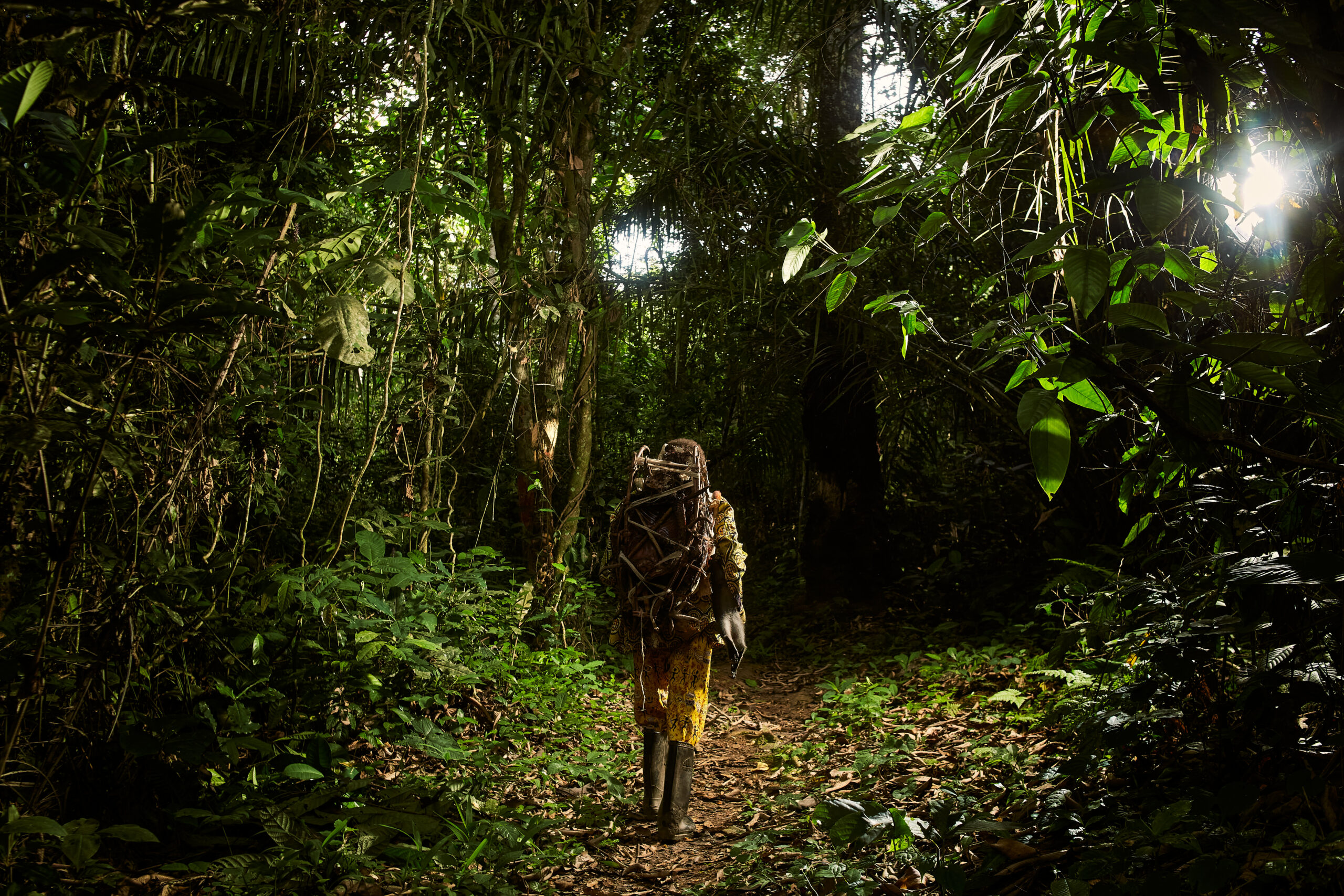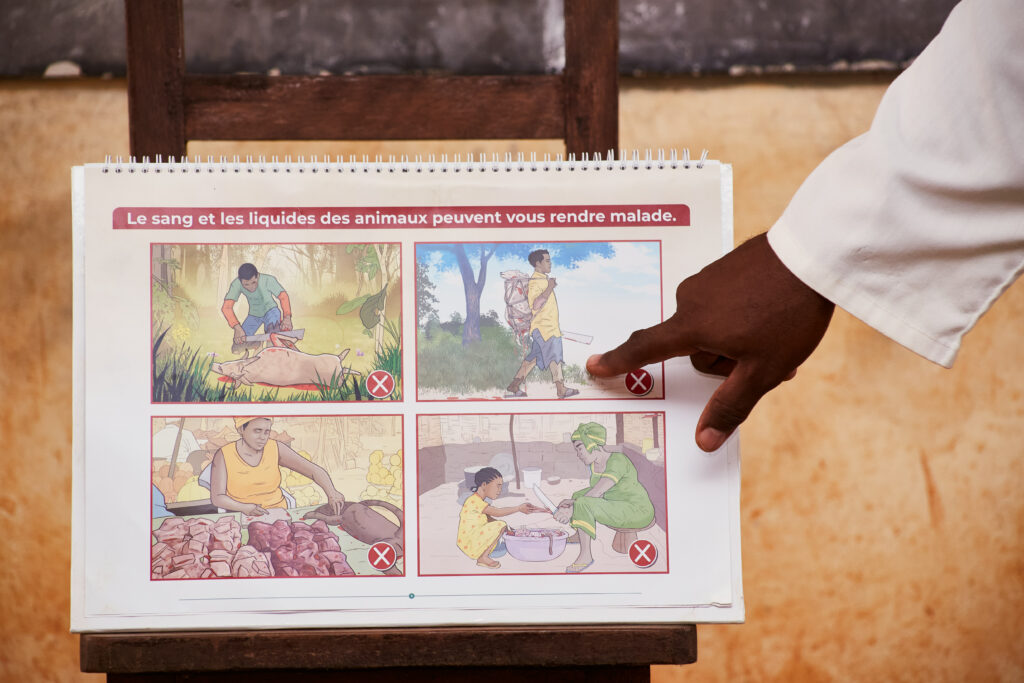Mitigating Risks of Disease Transmission in the Wild Meat Food Chain from Forest to Fork in Cameroon

Almost three-quarters of emerging infectious diseases (EIDs) originate in animals, with most of those coming from wildlife. The Congo Basin is considered a hotspot for EIDs and has already experienced zoonotic disease spill over (transmission of pathogens from animal hosts to humans) due to close contact between humans and wildlife. Hunting, butchering, preparing, and consuming wild meat are common in the region and present opportunities for pathogen spillover from animals to humans.
The general objective of this project is to understand the behaviours that may expose actors to different risks along the wild meat food chain in Cameroon to develop targeted interventions and recommendations for reducing health risks from handling wild meat.
Main Outcomes:
- Hygienic and sanitary behaviour in wild meat handling practices and zoonotic diseases around the world were examinated. While there were no new behaviours that could be adapted in the regional context, the study showed an insight into handling practices around the world.
- A pilot social and behavioural change campaign was launched and workshops with various stakeholders were held.
- Various awareness raising activities like community sensitisation meetings, radio spot broadcasting, education sessions in schools, awareness raising in churches, door to door messaging, and a wild meat backpack (Kingas) carrier design contest were conducted.
Products:
Find the Expert Talk with Julia Fa here. Click here to read the event report.
Find more information and the overall learnings of the Alliance financed projects in the report “Learning to make Change Happen.- Global Lessons from 18 projects”

Participants
Julia E. Fa
Position: Professor of Biodiversity and Human Development
Sagan Friant
Contacts
CIFOR
Email: cifor@cifor-icraf.org
